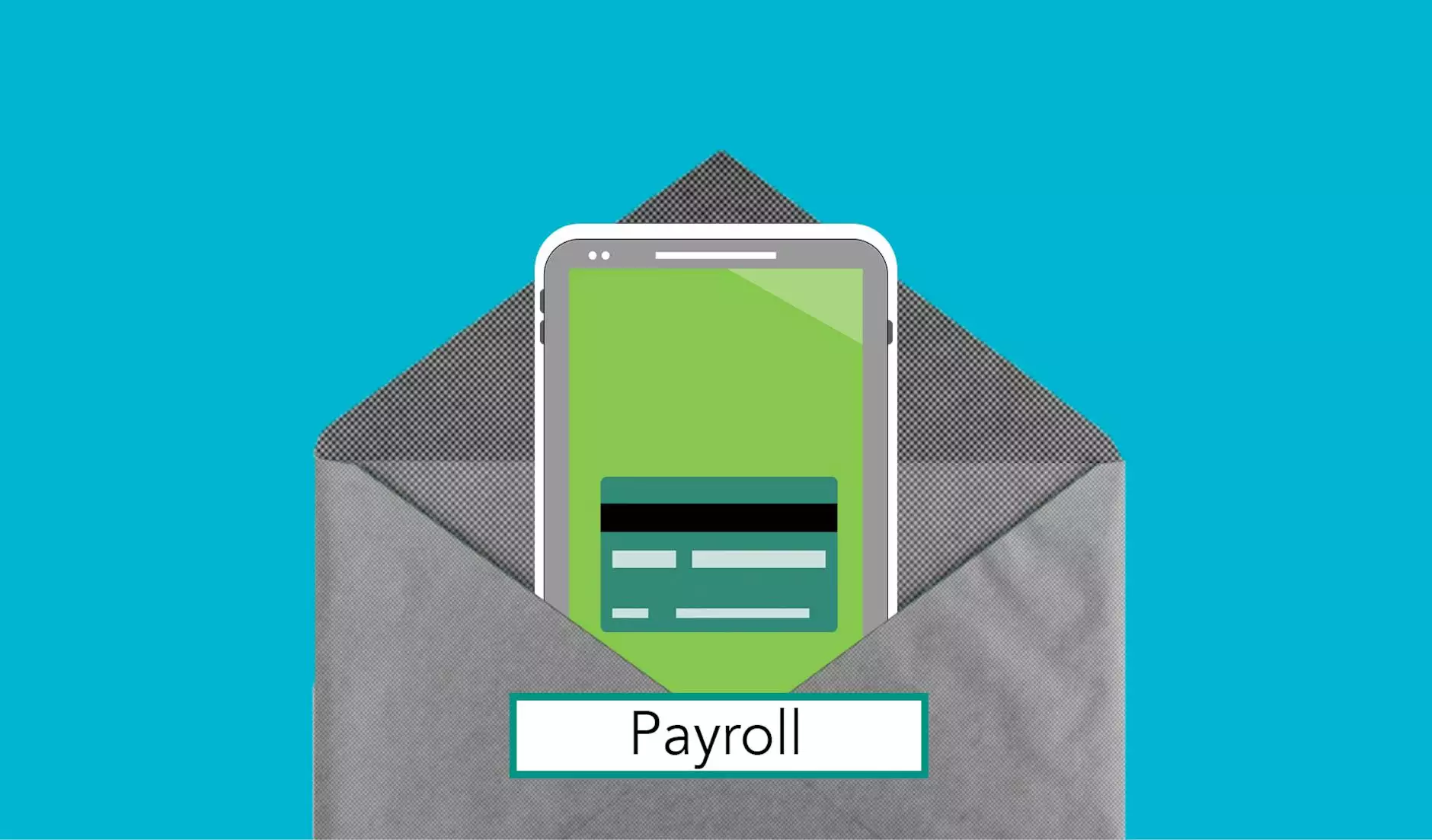How Does Divorce Affect Your Credit?

Understanding the Impact
Going through a divorce can have numerous financial consequences, and one area where it can significantly impact you is your credit. Divorce involves dividing assets, debts, and financial responsibilities, which can often lead to missed payments, increased debt, and negatively impact credit scores. Understanding how divorce affects your credit is crucial in order to navigate these challenges effectively.
Key Factors that Affect Credit
When it comes to divorce and credit, there are several key factors to consider:
Joint Accounts and Shared Debt
During a divorce, the division of joint accounts and shared debt becomes necessary. If you have joint credit accounts with your spouse, such as credit cards, mortgages, or auto loans, both parties will still be held responsible for the debt unless specific arrangements are made. If your former spouse fails to make payments on a joint account, it will reflect on your credit report, potentially damaging your credit score.
Missed Payments
Disruptions caused by divorce proceedings can lead to missed payments, especially if one spouse was primarily responsible for handling the finances. Late or missed payments can result in negative marks on your credit report and lower your credit score. It is crucial to ensure that all outstanding bills and financial obligations are being addressed promptly during and after the divorce process.
Income Changes
Divorce often leads to changes in income as well. If you were previously dependent on your spouse's income or vice versa, this significant change can impact your ability to pay bills and maintain good credit. A significant decrease in income could make it challenging to keep up with debt payments and potentially lead to a negative impact on your creditworthiness.
Divorce Decrees and Court Orders
Divorce decrees may allocate specific responsibilities and obligations regarding debt payment and asset division. It is essential to follow these court orders to avoid further credit complications. Failure to comply with court-ordered financial obligations can result in legal consequences and negatively affect your credit.
Protecting Your Credit
While divorce can have a temporary negative impact on your credit, there are steps you can take to mitigate the consequences:
Close Joint Credit Accounts
If you have joint credit accounts with your ex-spouse, it is crucial to close them to prevent any future financial entanglements. Contact your creditors and request that the joint accounts be closed and converted to individual accounts. This way, you can establish your own credit history and take full control of your financial well-being.
Monitor Your Credit Regularly
Keeping a close eye on your credit report is essential after a divorce. Regularly monitoring your credit will help you identify any potential discrepancies and ensure that your ex-spouse's financial actions do not negatively impact your credit score. Various credit reporting agencies offer free or low-cost credit monitoring services, which can be beneficial during this time.
Create a New Budget
Divorce often leads to changes in financial circumstances. Creating a new budget will help you to better manage your finances and ensure that you can meet your debt obligations. Take into account changes in income, expenses, and any outstanding debts. By carefully planning and sticking to your budget, you can maintain good credit and work towards financial stability.
Seek Professional Guidance
Engaging the services of consulting and coaching professionals like Life Designers can provide invaluable guidance during and after divorce. Life Designers specializes in assisting individuals in navigating significant life transitions. They offer expert advice on credit management, financial planning, and rebuilding after divorce to help you attain long-term financial success.
In Conclusion
Divorce can have a profound impact on various aspects of your life, including your credit. Understanding the potential ramifications, taking proactive steps to protect your credit, and seeking professional assistance when needed can help mitigate the negative effects and set you on a path towards financial recovery and stability.










